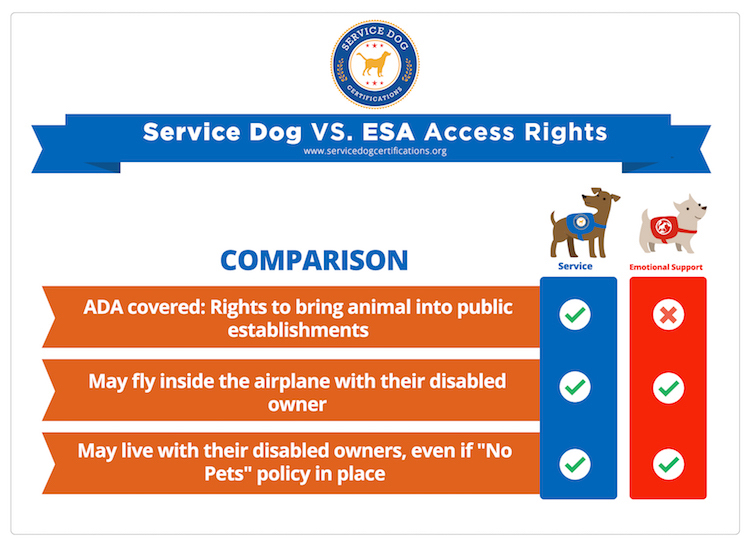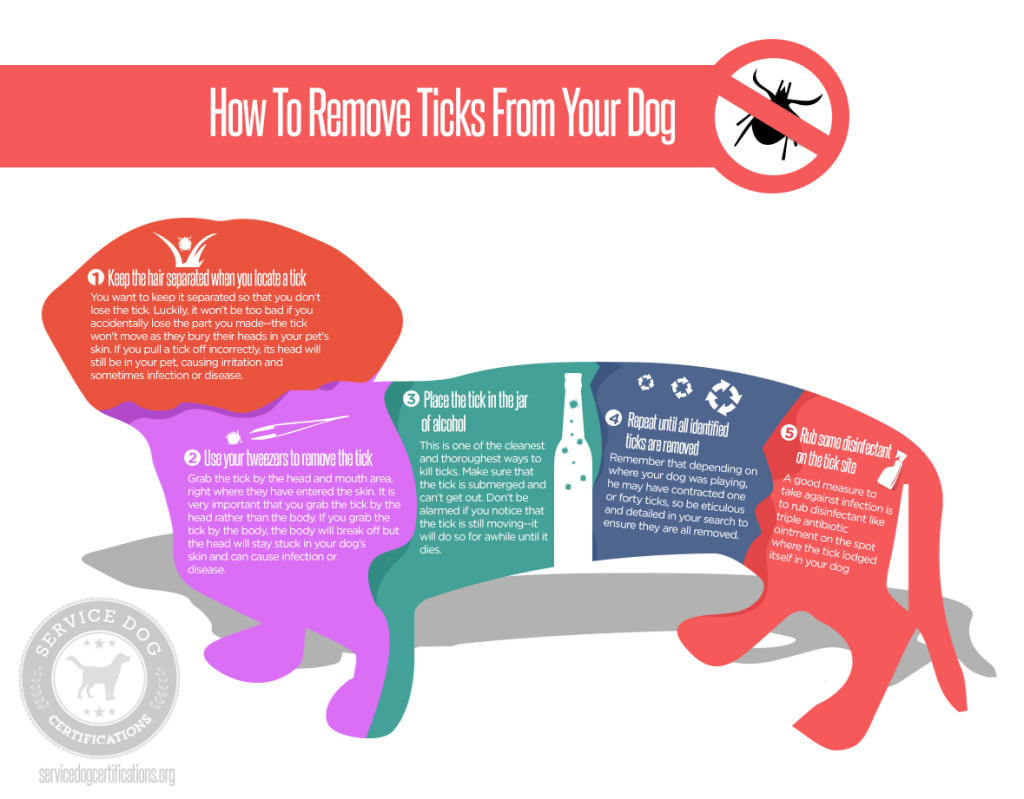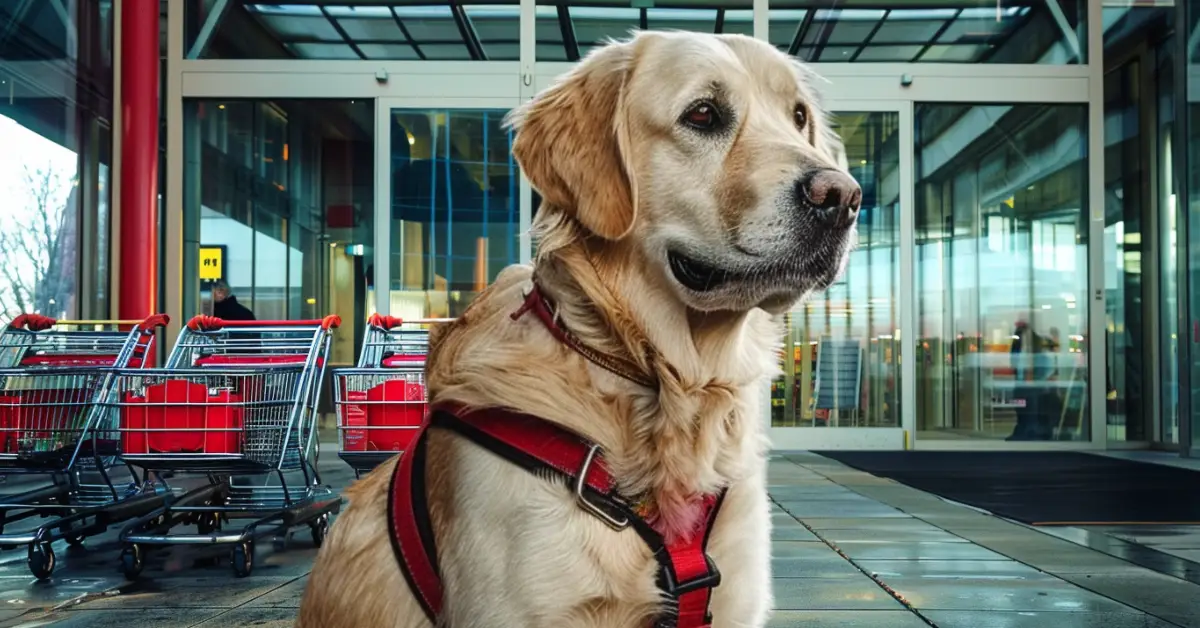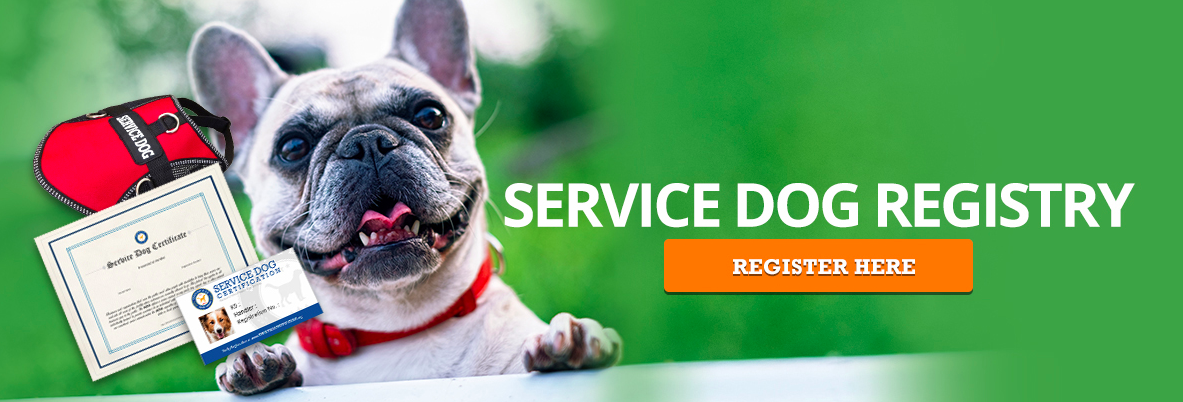Should I Vaccinate My Service Dog?

Like all canines, Service Dogs will need to be vaccinated. In fact, they may need these immunity-building aids even more so than the average pet. Find out why and other relevant information on vaccines and Service Dogs within this article.
The Service Dog
Under the definition stated by the Americans With Disabilities Act (ADA), Service Dogs are canines that provide a specific service to an individual with a physical disability.
Service Dogs are no longer just for people with sight or hearing impairments. They are now employed for several different conditions ranging from mobility to seizure alerting to picking up dropped items.
Service Dogs play a vital role in providing disabled people with the freedoms others often take for granted.

Where Can Service Dogs Go?
People who need Service Dogs are afforded the freedom of bringing them everywhere they go. These areas include public places (malls, grocery stores, libraries, doctor’s clinics, etc.), as well as the cabin of an aircraft, and no-pets policy housing.
Legitimate Service Dogs cannot be turned away unless they are deemed a threat to the people they will come in contact with; however, this is rare as Service Dogs are chosen for their docile temperaments, as well as their trainability to commands and task-orientated work.

What Do Vaccinations Do?
Vaccinations are injected just under your dog’s skin. They work by introducing a small amount of the infectious organism into your dog’s system. As your dog’s immune system recognizes the organism as “foreign,” it begins to fight them, which in turn builds up antibodies.
Each time your dog is exposed to this “infectious” substance, (ie. through a vaccination) it will be better able to identify those agents, releasing antibodies more quickly. So if your Service Dog were to encounter an infected dog (or other animals) with the disease it has been vaccinated for, it would not be affected.

Vaccinations and Service Dogs
All dogs should be vaccinated against the primary illness common to the canine. They involve “core” vaccinations (given to prevent common diseases), and “non-core” vaccinations for dogs that are at a higher risk of these ailments.
Core vaccinations are:
- Canine distemper
- Canine parvovirus
- Canine adenovirus 1 infection
- Rabies
Non-core vaccinations include:
- Leptospirosis
- Lyme disease (caused by ticks)
- Canine cough complex
- Canine influenza
Both core and non-core vaccinations are beneficial for Service Dogs to prevent illness or infections. As a Service Dog will be out in the general public visiting various places, they need a higher level of disease protection and prevention.
Vaccinated dogs will be more readily accepted onto aircrafts, into public places, and into different states and countries.

What Are My Service Dog’s Health Risks?
The risk of your dog contracting specific diseases dramatically depends on the area you live in and where you are taking your Service Dog. Core vaccinations should always be administered to ensure your dog is safe-guarded against the main dog diseases.
However, you may want to discuss the non-core vaccine options with your veterinarian. He or she will help you determine if your Service Dog is at a high, medium or low risk for the following conditions;
- Leptospirosis – dogs are at a higher risk when exposed to wildlife environments (ponds or rural settings).
- Lyme disease – transmitted by deer ticks, commonly found on the whitetail deer. Although exposure and infection don’t always occur when frequenting an area with a deer population, this vaccine should be considered.
- Canine Cough – includes bordetella and parainfluenza, which are respiratory infections spread between dogs. Places like boarding facilities, dog shows, dog classes, and dog parks are all high-risk areas.
- Canine influenza – a relatively new vaccine. The disease is similar to human influenza with similar symptoms (coughing, sneezing, discharge, fever, etc.). It should be administered yearly for dogs considered at a higher risk.

Service Dogs and Vaccinations
All dogs, including Service Dogs, should be examined by a veterinarian at least once-a-year to determine their overall health and the risks of disease. This will assure that your Service Dog remains healthy, is appropriately vaccinated for both core and non-core conditions, and can perform the tasks needed without interruptions.
About the Author: The writing team at Service Dog Certifications is made up of folks who really know their stuff when it comes to disability laws and assistance animals. Many of our writers and editors have service dogs themselves and share insights from their own experiences. All of us have a passion for disability rights and animals.
2 comments
Leave a Reply Cancel reply
Latest Posts

Can you bring a service dog to a museum?
Yes, you can bring your service dog to the museum! All the major U.S. museums welcome guests with service animals in accordance with the Americans with Disabilities Act (ADA). There are some areas, however, that might be off-limits. Here’s what you should know if you plan to spend a day at the museum with your […]

Read More

How to Bring a Service Dog to Six Flags Magic Mountain
Service dogs are welcome at Six Flags Magic Mountain so long as they are, according to Six Flags, “trained to do work or perform tasks for people with disabilities.” Of course, your dog must be housebroken and remain on a leash or harness and under your control while at the park — and the park […]

Read More

When Stores Can Refuse Your Service Dog
According to the Americans with Disabilities Act (ADA), service dogs should be allowed into any store most of the time. A store owner can legally exclude a service dog if they are actively growling, snapping at, or frightening customers, or if the dog is obviously out of the control of its owner. Ordinary behaviors — […]

Read More


Can I ask (challenge) a service dog owner to show me valid proof of required vaccination and denny access to a public facility if the SD owner do not have so proof or refuses to show it.
That would not be a proper basis to deny a service dog owner access to a facility. You are allowed to ask two questions under the ADA: 1. Is the service dog required for a disability? and 2. What work or task has the dog been trained to perform? If you have evidence the dog poses safety or health risk to others, that may be grounds to deny accommodation.